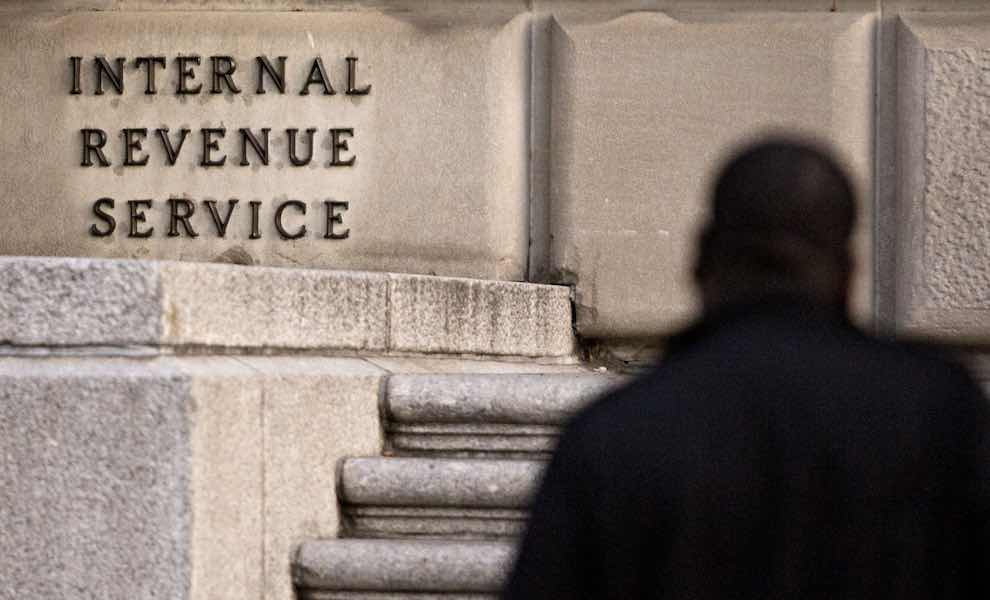
There was a significant increase in the usage of Altcoins, despite the 2018 bear market. When Bitcoin split, the investors were left with free tokens that they did not pay for. Taxpayers were confused as to how to account for this.
In the history of IRS, there are no guiding Acts to cover for token splits and related taxes. The IRS has to release new guidelines to provide for such instances. There is also no clear guidance as to the exact amount of money to be paid.
The IRS has recently stated that the investor will have to determine the cost basis reasonably for consistent application of the procedure. However, the perception of what constitutes the term “reasonably” is being argued.
The problem about the reasonability in dealing with the cost basis is also an important question among lawmakers who have stated, “There is particular urgency in resolving the ambiguity around basic questions of how taxpayers should calculate and track the basis of their virtual currency holdings.”
The IRS has issued these guidelines only recently, and they have been no so cooperative in the past.
Kevin Brady, the Chairman of House Ways and Means Committee recently sent a letter to the IRS requiring clarity on how cryptocurrencies are to be taxed. However, the problem is not only about how the cryptocurrencies are to be taxed.
Cryptocurrency is considered to be a property in the United States. And, it is important to pay taxes on every cryptocurrency transaction, even if it is about buying a sandwich. If the current laws are not revised, it will be pushing cryptocurrency innovators out of America with friendlier regulations.
It is not very easy to say whether the reluctance of the IRS to issue taxation guidelines is related to the IRS not liking the cryptocurrency or the IRS not understanding the cryptocurrency.
US congressmen urged the IRS to provide clarity concerning BTC, ETH and other cryptocurrencies. This issue was discussed over again when a recent letter has been signed by 21 Congressmen to the Internal Revenue System.
The major areas around, which clarification has been sought to sort the confusion among cryptocurrencies include providing for acceptable methods for calculating the cost basis citing specific methods — providing for acceptable methods to arrive at lot-relief for virtual currencies like a first-in-first-out basis or otherwise. Clear guidance about how forks should be treated is also required from the IRS.
The congressmen have required the IRS to provide a reply by May 15, 2019, which is a month after the US Tax day, which is April 15, 2019.


Get the latest Crypto & Blockchain News in your inbox.